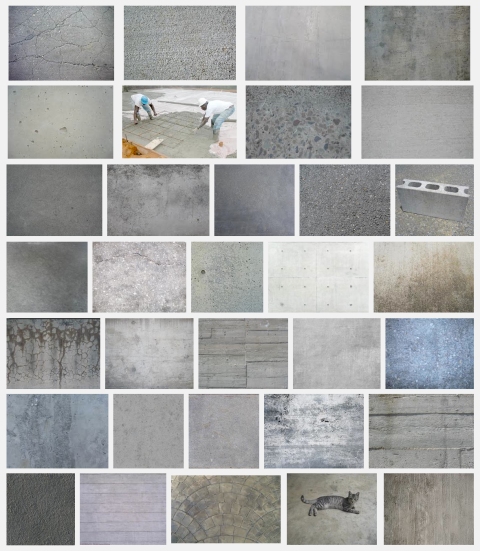Sounds: Ordinarily Unheard
July 7, 2015 § Leave a comment

Ordinarily Unheard: An Evening of Performed Sound
Thursday, July 16, 7-9pm
Calico Gallery, 67 West St. #203, Brooklyn, NY 11222
FB Event Invite
Sal Randolph, David B. Smith, and Audra Wolowiec will each present a performed sound work integral to their broader practices, which include visual, textual, and sculptural projects dealing with themes such as language, imagination, and memory.
Sal Randolph Airport Scores for Drift
These Airport Scores are part of an experimental novel, Drift, being written on Twitter and other social media, with elements distributed in real space and on the web. They are “ambience scores,” transcriptions into language of the ordinarily unheard sounds of place; from this alphabetically rendered sound composition, places may then be performed in voice or imagination.
David B. Smith Forgetting Your Name (extended version)
Smith will lead a participatory ceremony where members of the audience are invited to speak a name of their choice as raw material for an electronic sound composition. The composition will unfold organically and unexpectedly and will waver between found sound and music, and between evolution and deterioration. The words the audience speaks will, like memories, fade in and out of legibility, repeating and building, yet obscuring and changing original meanings and intentions.
Audra Wolowiec ( )
( ) is a language based short film with two slide projectors and sound components. Held by punctuation, signals from two lighthouses begin to flash across the screen, communicating through fragments. As the sound of breaths continue to locate each other, waves allude that geometry is of no use to calculate a proximity that is felt. This work was first performed at the Poetry Project at St. Marks Church, Jan 2015.
Between Language and Form
October 12, 2013 § Leave a comment
Guest artist Audra Wolowiec offers this image & text.
between language and form (a concrete poem, in two parts)
concrete (adj.)
late 14c., “actual, solid,” from Latin concretus “condensed, hardened, thick, hard, stiff, curdled, congealed, clotted,” figuratively “thick,” literally “grown together.” past participle of concrescere “to grow together,” from com- “together” (see com-) + crescere “to grow” (see crescent). A logicians’ term until meaning began to expand 1600s. Noun sense of “building material made from cement, etc.” is first recorded 1834.
con·crete [kon-kreet, kong-, kon-kreet, kong- for 1–15, 10, 13, 14; kon-kreet, kong- for 11, 12]
1. constituting an actual thing or instance; real: a concrete proof of his sincerity.
2. pertaining to or concerned with realities or actual instances rather than abstractions; particular (opposed to general ) concrete ideas.
3. representing or applied to an actual substance or thing, as opposed to an abstract quality: The words “cat,” “water,” and “teacher” are concrete, whereas the words “truth,” “excellence,” and “adulthood” are abstract.
4. made of concrete: a concrete pavement.
5. formed by coalescence of separate particles into a mass; united in a coagulated, condensed, or solid mass or state.
